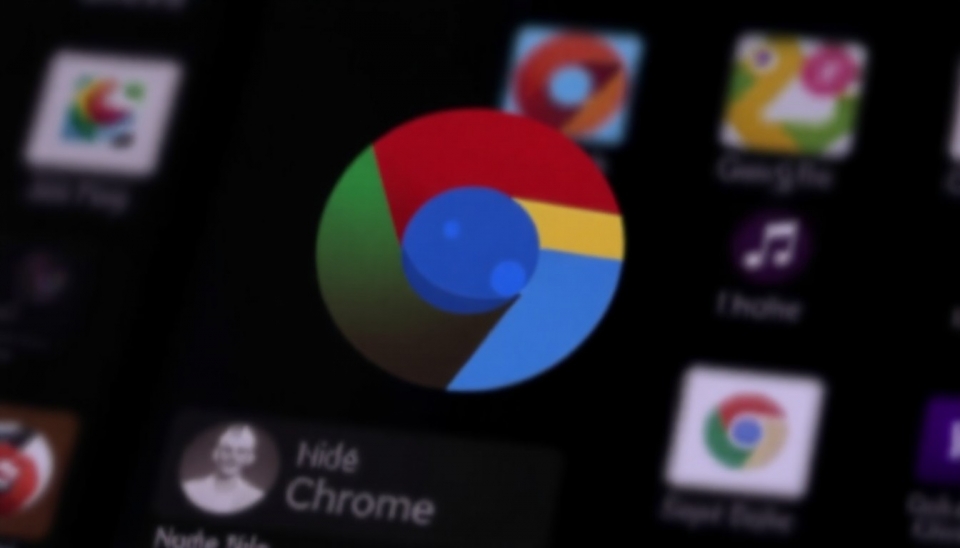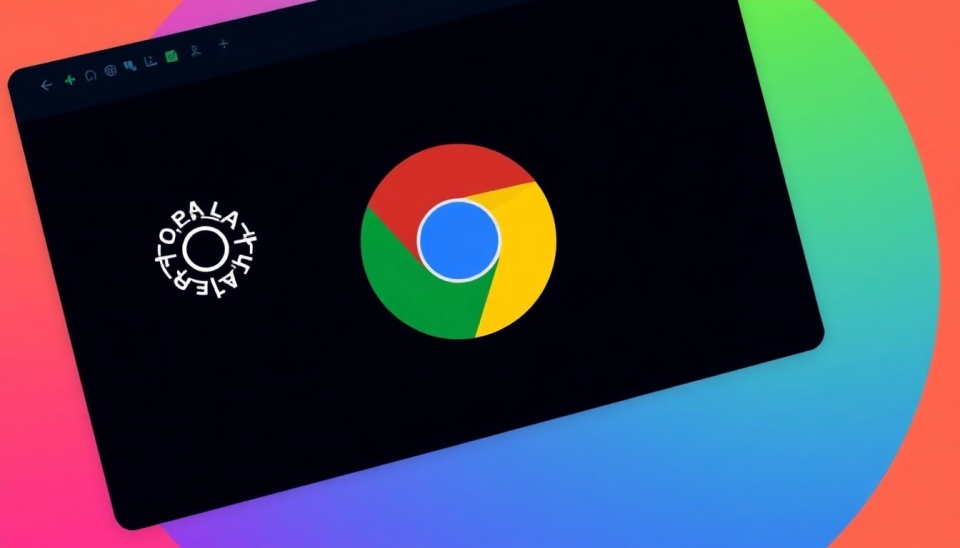
In a surprising development, Google is reportedly contemplating the sale of its popular web browser, Google Chrome. This potential decision could significantly alter the dynamics of the browser market, which has been largely dominated by Chrome since its launch in 2008. The news has sent ripples through the tech industry, raising questions about the future of web browsing and competition among major players.
Sources indicate that the talks around the sale are still in the preliminary stages, and it is unclear what prompted Google to consider this option. However, industry experts speculate that increasing scrutiny from regulators and a growing desire to refocus on core business priorities might be driving the search giant's decision. The idea of divesting Chrome could also be tied to the broader trend of big tech companies reevaluating their portfolios amidst changing market conditions.
Should the sale go through, it would mark a significant turning point for users and developers alike. Google Chrome holds a commanding market share, with multiple millions of active users relying on its robust features and seamless integration with Google services. The browser's influence extends beyond individual users, impacting developers who build and optimize web applications optimized for Chrome's capabilities.
The potential impact of such a sale would not only be felt in terms of user experience but also in the competitive sphere. If Google were to sell Chrome, it could create an opportunity for other browsers to increase their market presence, such as Microsoft Edge, Mozilla Firefox, and newer entrants looking to capitalize on any disruption caused by Chrome's absence from Google’s offerings.
While potential buyers for Chrome have not been publicly identified, speculation ranges from other major tech companies to private equity firms looking for a strong asset in the software market. The existence of a viable candidate with sufficient resources to maintain and advance Chrome's development will be crucial in determining the future of the browser and its users.
The implications for developers are equally significant. Many websites and applications have been crafted with Chrome’s specific features in mind, and a shift in ownership could lead to uncertainty in the tools and APIs that developers rely on. As the browser landscape stands on the brink of change, developers may need to reassess strategies in terms of compatibility, support, and user experience across different platforms.
In addition to user and developer concerns, privacy advocates will be keeping a close watch. Chrome has faced criticism over its data collection practices and how user information is handled. A change in ownership might offer an opportunity for a fresh approach to privacy and data security. Depending on the acquirer, we could see either a continuation of current practices or a shift towards greater transparency and user control.
As the situation unfolds, tech experts and industry observers are keenly analyzing the potential ramifications of this strategic move by Google. The browser landscape is characterized by rapid innovation and change, and the sale of Chrome could serve as a catalyst for new developments and competition, reshaping how we browse the internet in the years to come.
In conclusion, if Google proceeds with the sale of Chrome, it could be a game-changer in the tech world, heralding a new era of web browsing. Stakeholders, including users, developers, and privacy advocates, will be watching closely as this story develops.
#GoogleChrome #BrowserMarket #TechNews #IndustryTrends #WebBrowsers #Privacy #UserExperience #TechInnovation #Google
Author: Liam Carter

